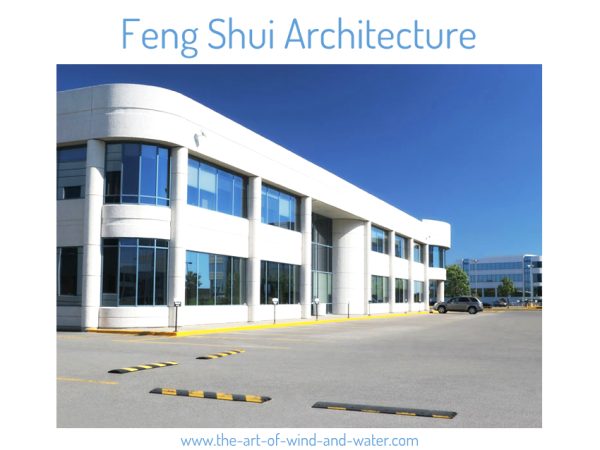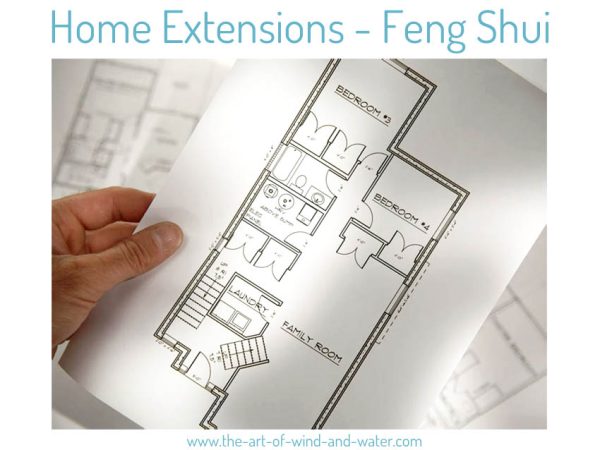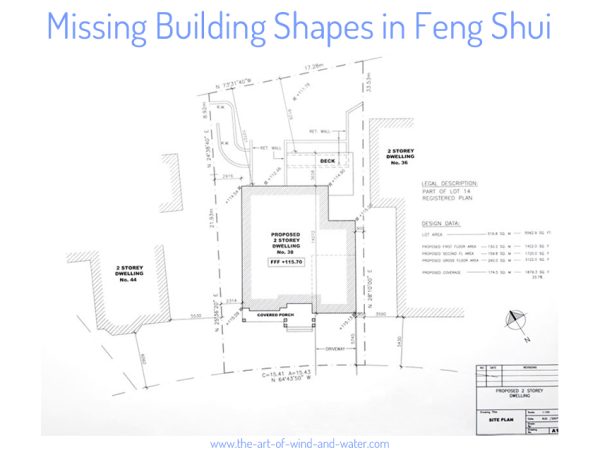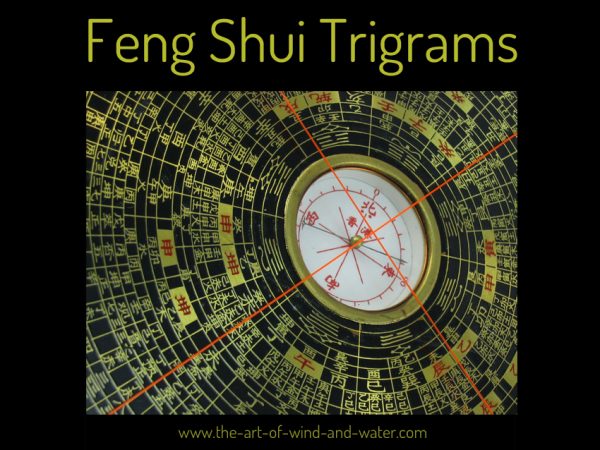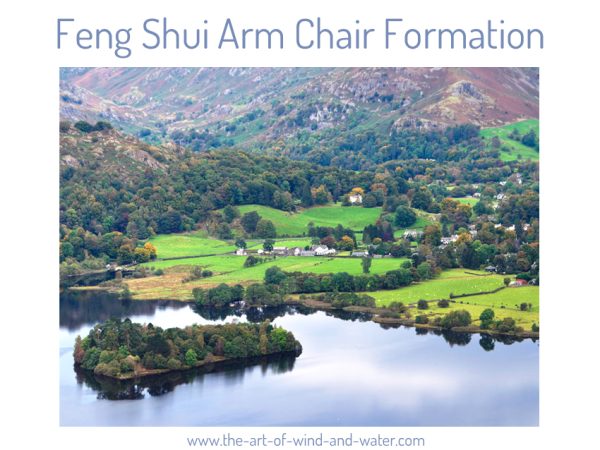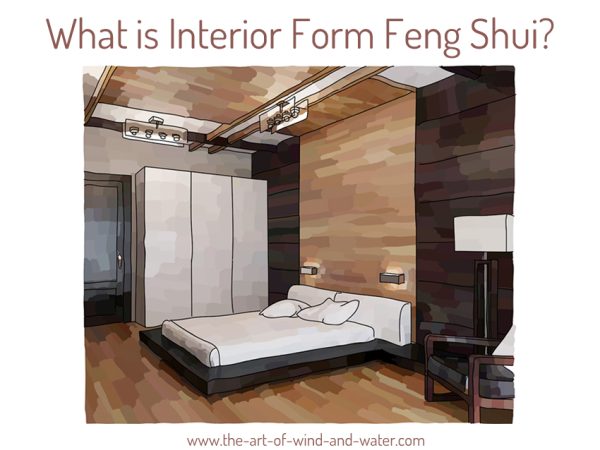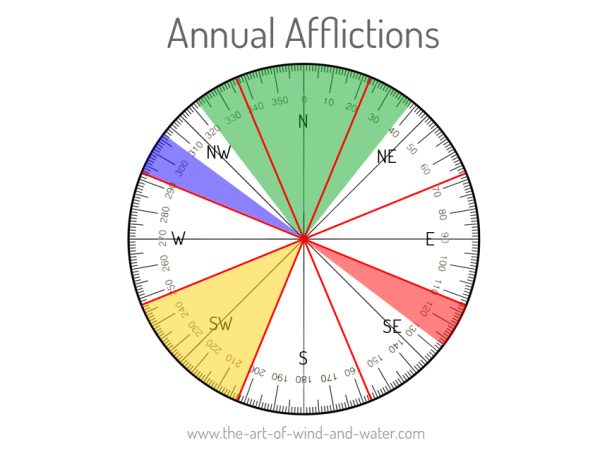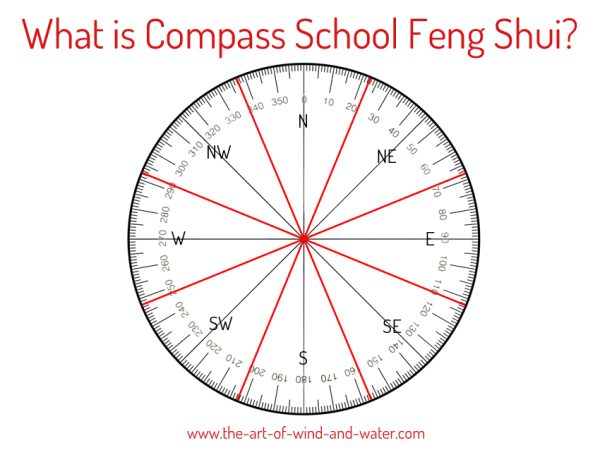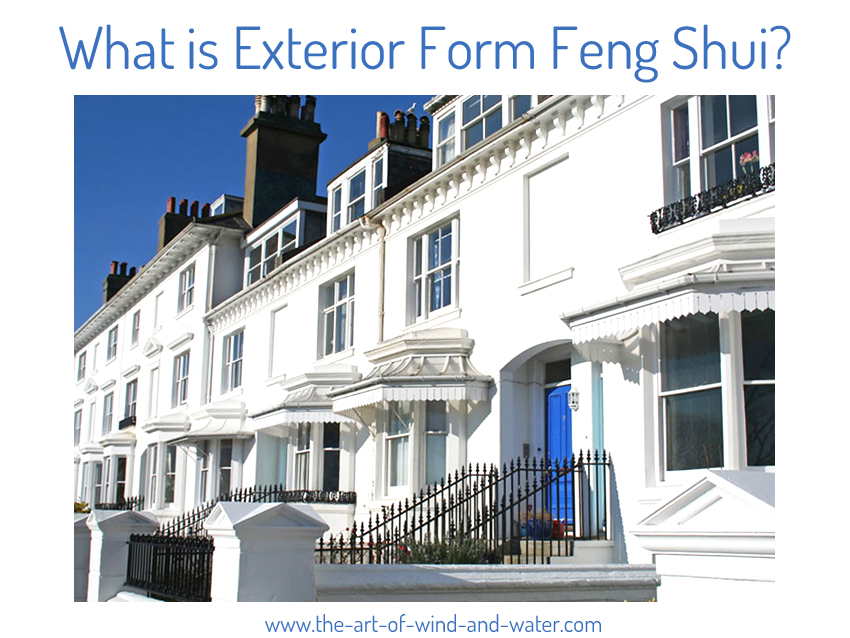
Exterior Form
The oldest method of Classical Feng Shui is Exterior Form School Feng Shui. Originally Feng Shui was used for the placement of burial graves and then progressed onto building location for the living. The ancient principles of Form School focus on finding the best position within a landscape. In those days, as with today, the best position means the safest and most secure location.
So what makes a safe and secure location?
Think primitively is the simple answer. Times when men were hunter gathers and women looked after the home, children and food. Stereotypical maybe…. but at the root of our ancestry. Historically ancestors like Neanderthals positioned their dwellings (whether camp or cave) with basic Form School Feng Shui principles to ensure survival.
The three survival factors; protection, resources & climate
Protection
The location was not in a dip in the land, preferably on higher ground with the hillside at the back of the home. The rear was protected by hillsides, mountains, caves, forests, natural features and so on. The front opened out so that all of the surrounding area could be seen. The same logic for building castles on the top of hills; nothing to attack you from behind and an open view of what is coming towards you.
Resources
Whether fire wood, food or water – dwellings were positioned in a spot that had these resource in an accessible range. Near to the front would be a water source like a river or lake. The hillside location would encourage natural drainage and be near to ground where natural vegetation would grow. This meant the dwelling and resources would not suffer during flooding, storms and high winds.
Climate
Now take into account directions, the front would be facing south to make the most of the sun all year round. The rear would be ideally protected or sheltered by features in the landscape to avoid the harsh Northerly winds in the wintertime.
Architecture
In the surrounding environment, shapes in the landscape whether natural or built correspond to the five element theory: wood, fire, earth, metal, water. Find out about building shapes and what is favourable and unfavourable.
Missing Sectors
The building shape has a significant influence on the occupants. In the building shape, if more than one third of the sector is missing, this is a complete missing sector. This relates to a family member within the property, both in the interior and exterior, which can be analysed as to the impact.
Trigrams
Each sector or cardinal within a plot plan and floor plan is related to one of the 8 Chinese Trigrams. They are also associated with a number, element, organ, body part, illness and other associations. The 8 trigrams are birthed from the 5 elements, which are birthed from yin yang.
Arm Chair Formation
In general, each property should be surrounded by an armchair-like formation, with low hills on either side of the property that represent the chair arms. This can be observed and the impact assessed in a Feng Shui survey, advising on weaknesses and strengths.
